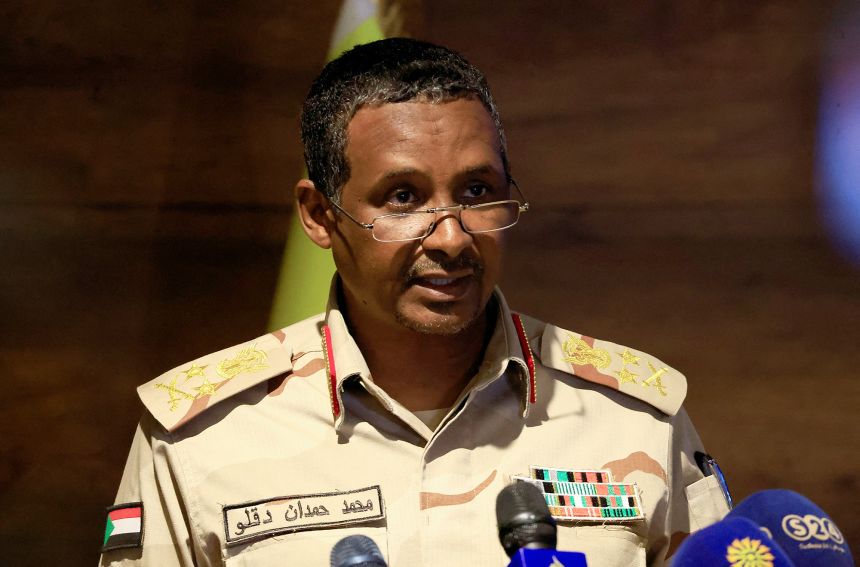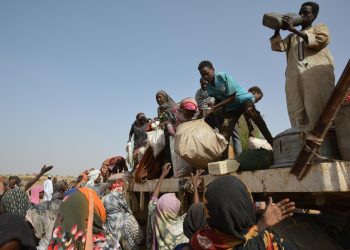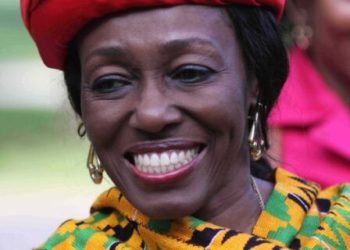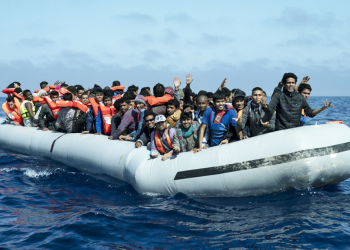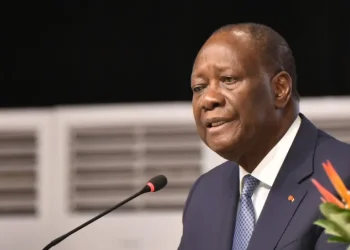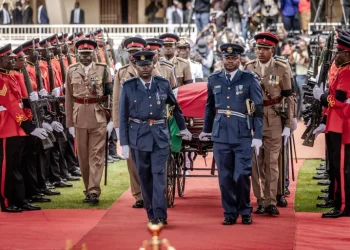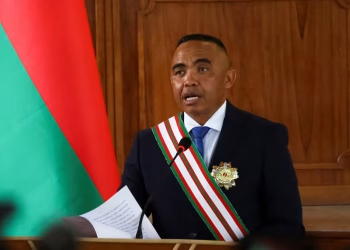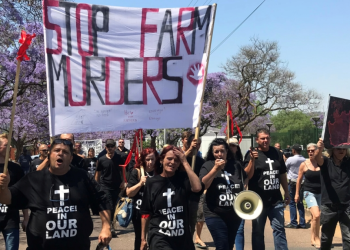The leader of Sudan’s Rapid Support Forces (RSF), General Mohamed Hamdan Dagalo (also known as Hemedti), has announced an investigation into the mass killings that occurred following the RSF’s takeover of el-Fasher, the capital of Sudan’s Darfur region. The shocking killings, which were allegedly carried out by RSF forces, have sparked international outrage and calls for accountability.
Details of the El-Fasher Tragedy
The RSF took control of el-Fasher on October 27, 2025, after an 18-month siege that caused widespread starvation and destruction. Following the capture, reports surfaced of brutal mass killings, with over 460 civilians allegedly killed, many of whom were inside the last functioning hospital in the city. The World Health Organization (WHO) condemned the violence, describing the killings as shocking and unacceptable.
The RSF’s response came quickly, with Hemedti expressing regret for the events and pledging to investigate the actions of his soldiers. He acknowledged that violations had occurred but vowed to hold those responsible accountable.
However, skepticism remains, as past promises of investigations into similar atrocities in el-Geneina (2023) and Gezira (2024) were never fully addressed. Human rights groups have criticized the RSF for a pattern of impunity.
A Divided Response and International Pressure
The killings have ignited global condemnation, with rights groups urging international intervention. Activists have intensified calls for pressure on the UAE, which is accused of supporting the RSF with military resources. While the UAE denies this, UN reports have provided evidence of military ties between the UAE and the RSF.
Locally, Sudanese citizens and organizations are demanding more than just an investigation. Activists and political leaders are calling for the international community to take stronger action against the RSF and its backers.
RSF’s Control and Sudan’s Growing Split
The capture of el-Fasher by the RSF reinforces the geographical split in Sudan, with the paramilitary forces now firmly in control of western Sudan and parts of Kordofan. In contrast, the Sudanese army maintains its stronghold in Khartoum and the central and eastern parts of the country.
This division mirrors the deep rift between the RSF and the Sudanese army, which were once allies in a 2021 coup but have since engaged in a bitter civil war for control of the country.
Hemedti’s Comments and the Future of Sudan’s Civil War
In a public statement, Hemedti urged for calm and reconciliation, though his remarks are viewed by many as insufficient given the scale of the violence. He emphasized that his forces were committed to a peaceful solution but also warned that Sudan was in a “critical phase”.
The UN Security Council is set to hold a meeting on Sudan’s deteriorating situation, with the international community facing increasing pressure to act decisively.
A History of Conflict in Darfur
The Darfur conflict has a long and tragic history of ethnic violence, with both Arab and non-Arab groups suffering under the heavy hand of Sudanese military and paramilitary forces. International efforts to end the violence in Darfur have so far been largely unsuccessful, with local populations often caught in the crossfire of competing military factions.
Conclusion: An Urgent Call for Justice
As international calls for accountability grow louder, the Sudanese government and the RSF face increasing scrutiny. The el-Fasher killings are not just another chapter in Sudan’s violent history; they represent a turning point in the civil war. How the RSF and Sudanese military respond to these atrocities could shape the future of Sudan and its fragile transition to peace.
